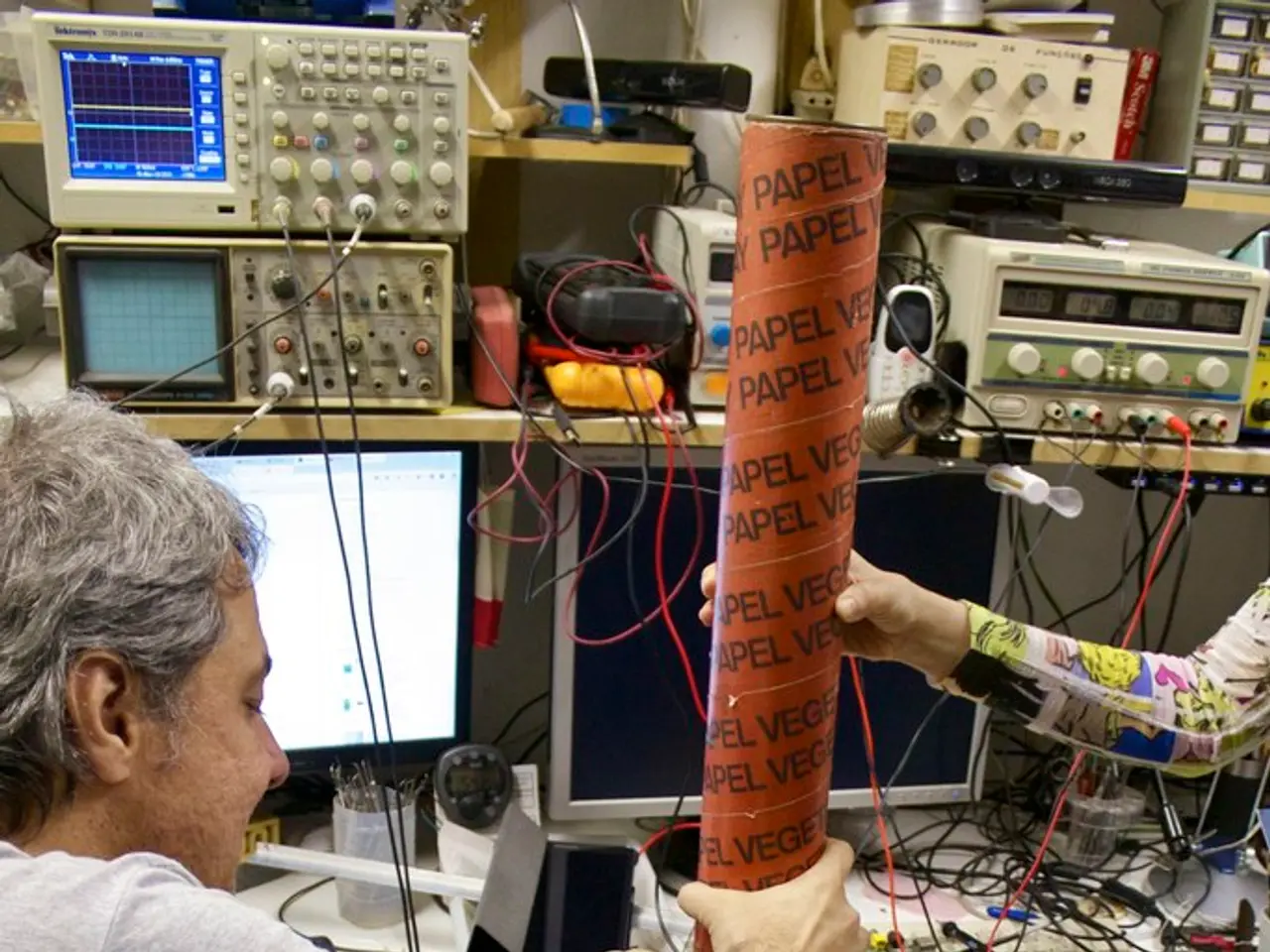Procrastination links to challenges with working memory function
Struggling to hold information relevant to a task in working memory can hinder task initiation, making it difficult to get started on a project or task. However, there are strategies to improve working memory and reduce procrastination.
Enhancing Working Memory
Enhancing working memory benefits from mental stimulation such as puzzles, reading, or learning new skills, which create new neural connections. Breaking down information into smaller chunks helps the brain process and retain it more effectively. Additionally, multisensory learning methods, tailored to individual preferences (visual, auditory, kinesthetic), make information more engaging and memorable, particularly helpful for those with working memory challenges.
Sufficient sleep (7-9 hours) is critical, as it facilitates memory consolidation. Meditation and mindfulness practices have been shown to improve short-term memory and cognitive function by increasing gray matter in the brain.
Managing Procrastination
To reduce procrastination, approaches include managing distractions to create a memory-friendly environment, working in short focused bursts, setting clear goals, and actively engaging with material by summarizing or teaching it to others.
Identifying negative thoughts that contribute to procrastination and challenging them with evidence of past successes can be helpful. Techniques like setting clear goals, minimizing distractions, and practicing mindfulness can increase attention control, which is critical in determining focus on tasks versus distractions.
Cognitive-behavioral techniques aim to reshape thought patterns and help manage procrastination. Mnemonic devices, such as acronyms, visual imagery, chunking, and repetition, aid memory retention and can support organizing thoughts and tasks. Recognizing cognitive challenges related to procrastination can guide towards better management strategies.
Combining Strategies for Success
Building up working memory can boost productivity and help decrease procrastination. Repetition strengthens memory by reviewing information at spaced intervals instead of cramming. Reducing overloading working memory with multiple responsibilities can lead to indecision and procrastination.
In sum, combining cognitive strategies (chunking, multisensory input, active engagement), lifestyle factors (sleep, diet, exercise), and behavioral techniques (focus management, structured learning) can improve working memory and help reduce procrastination. By implementing these strategies, individuals can increase their productivity, complete tasks more efficiently, and achieve their goals.
- Resources such as puzzles, reading materials, and learning new skills can stimulate the mind, fostering the creation of new neural connections and enhancing working memory.
- Breaking down information into smaller chunks can help the brain process and retain it more effectively, aiding in working memory improvements.
- Multisensory learning methods, customized according to personal preferences, make information more engaging and memorable, particularly beneficial for those struggling with working memory challenges.
- Adequate sleep, approximately 7-9 hours, plays a crucial role in memory consolidation, which is essential for improving working memory.
- Meditation and mindfulness practices have been found to enhance short-term memory and cognitive function, improves gray matter in the brain, and decreases anxiety levels.
- Organizing tasks and material by summarizing or teaching them to others can help manage procrastination by actively engaging with the information.
- Identifying negative thoughts that lead to procrastination and challenging them with evidence of past success can help individuals regain focus and confidence in their career-development and education-and-self-development journeys.
- Combining cognitive strategies, lifestyle factors, and behavioral techniques can lead to improved working memory, increased productivity, and better mental health, ultimately supporting personal-growth and fitness-and-exercise goals.




